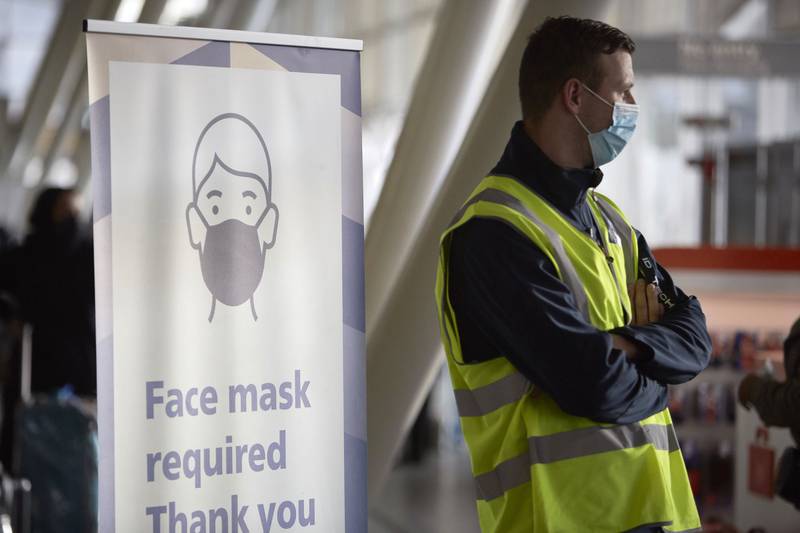WHO warns Covid-19 vaccines will likely need adapting for Omicron variant

Live updates: follow the latest news on Covid-19 variant Omicron. Covid-19 vaccine makers will likely need to alter their inoculations to counter the Omicron variant, the World Health Organisation said.
Spokesman Christian Lindmeier said he was not aware of any deaths related to the mutation, the recent discovery of which has led many countries to tighten border restrictions and reintroduce measures to limit its spread. Early evidence suggests Omicron may be more transmissible and resistant to the vaccines currently available.
“It is very recommendable that vaccine manufacturers already start planning ahead and plan for the likelihood for having to adjust the existing vaccine,” Mr Lindmeier said. “That's good not just to wait until the final alarm bell rings.”
He said he had “not seen reports of Omicron-related deaths yet”. “We're collecting all the evidence and we will find much more evidence as we go along," he said.
“The more countries … keep testing people, and looking specifically into the Omicron variant, we will also find more cases, more information and, hopefully not, but also possibly deaths.” Experts say it could take three to four months to approve an adjusted vaccine.
Manufacturer BioNTech said it expects that fully vaccinated people may become infected with omicron but will still have a high level of protection against serious forms of Covid. A modification for boosters will probably help prevent severe disease and fend off illness in general.
"Even if a booster dose of the current vaccine provides a high level of protection against omicron, an adaption might be needed to increase the duration and level of the immunisation,” the vaccine development firm said in a statement Friday.
Even if the variant is able to elude antibodies in vaccinated people, it will probably still be targeted by other components of the immune system that are activated by shots, BioNTech Chief Executive Officer Ugur Sahin said earlier this week as he urged the acceleration of booster shots.
Germany says it will block unvaccinated people from public activities except for essential business, while legislation to make vaccination mandatory will be drafted for early next year. Countries such as the UK and US have brought forward plans to offer booster shots.
Takeshi Kasai, the WHO's western Pacific director, said border restrictions “can buy time” but “every country and every community must prepare for new surges in cases”.
“People should not only rely on border measures," he said. "What is most important is to prepare for these variants with potential high transmissibility. So far the information available suggests we don't have to change our approach.”
